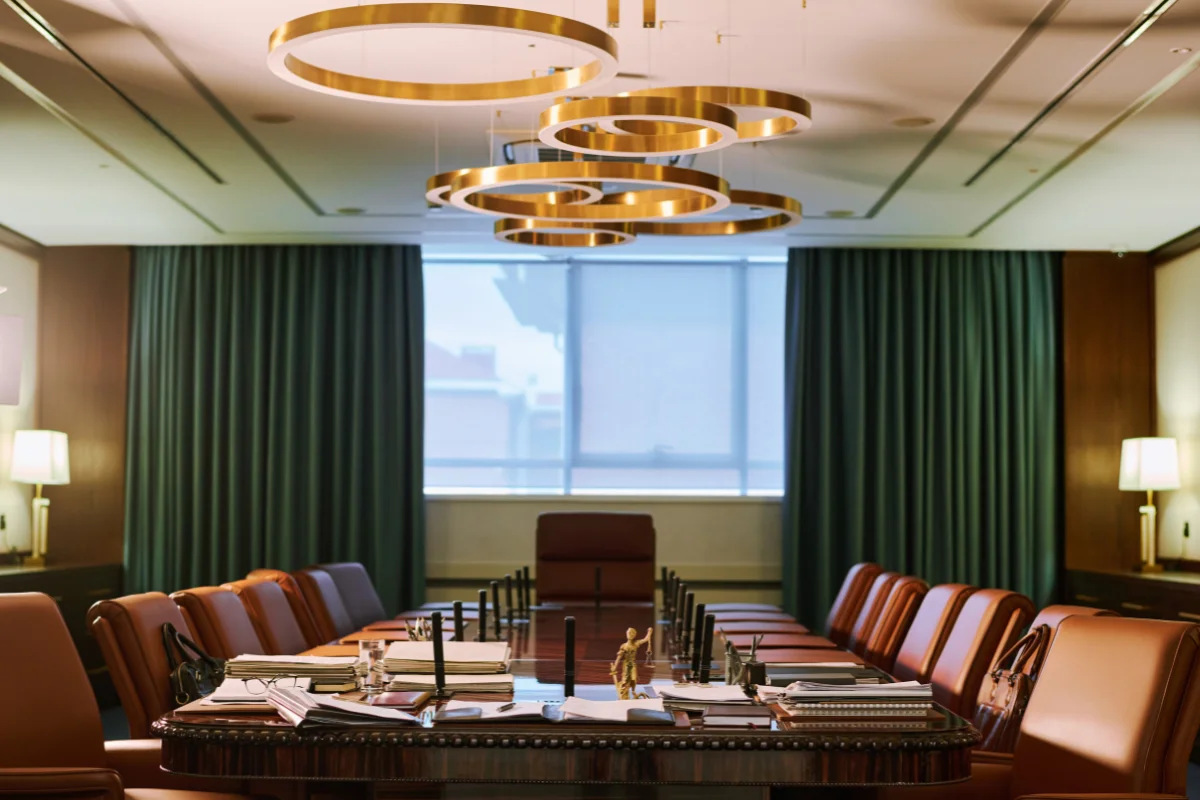
The legal profession has long grappled with the challenge of retaining women, with rigid structures and outdated expectations often cited as significant barriers. Despite women now accounting for more than 70% of new law graduates in many jurisdictions—the attrition rates for female lawyers remain alarmingly high. Many enter the profession with stellar credentials, having excelled through school and university, only to find themselves leaving within a few years, worn down by an unforgiving environment that often fails to recognise their needs or potential.
Although the days of ‘Hell has harbour views’ may have passed, the legal profession still carries traces of its old culture: implicit biases, the relentless pressure to meet billable targets, and a hyper-competitive atmosphere. These elements, coupled with the rigid expectations of the traditional model, continue to drive talented women away from the profession. At Morgan + English, we have recognised that change begins with understanding. Our first step was to ask: what do women truly value in a workplace, and what do they need to succeed?
We quickly learned that there’s no one-size-fits-all answer. The priorities of a young lawyer at the start of their career are different from those of a parent juggling family responsibilities or someone seeking leadership opportunities later in life. With this insight, we did not impose blanket solutions; instead, we worked backwards from our vision of an inclusive, supportive firm to create a culture that evolves alongside our team. Flexibility, fairness, and genuine opportunities for growth are not just talking points—they are the foundation of a workplace where women can thrive at every stage of their journey.
Embracing Flexible Models for Sustainable Success
The traditional legal work model—anchored by rigid hours, office-based practices, and high billable targets—has historically created barriers for women striving to balance career aspirations with personal commitments. We have turned this challenge into an opportunity, embracing flexibility as a cornerstone of our workplace culture. Part-time arrangements, work-from-home opportunities, job sharing and individually tailored career pathways are not simply offered—they are actively encouraged and normalised. This shift not only supports women during pivotal life stages but also recognises that flexibility is a universal benefit, fostering a healthier, more productive workplace for all.
Reducing billable targets across the board, rather than focusing solely on part-time staff, has been a transformative step for Morgan + English. By setting a realistic daily target of five billable hours, we have redefined what sustainable success looks like within the Firm. This approach recognises the importance of time for professional development, client engagement, and personal commitments. For women especially, who often face additional societal pressures, this policy removes one of the most significant stressors of traditional practice. The results have been remarkable: higher retention rates, increased satisfaction, and a healthier work-life balance across the entire firm.
Leveraging Technology to Level the Playing Field
Leading edge research tools and generative AI tools for drafting and litigation support are playing a large part in transforming how our lawyers work and enabling exceptional productivity gains. Technology is helping to level the playing field by enabling all staff, regardless of hours worked, to deliver high quality outputs.
Generative AI is revolutionising how we handle time-intensive, repetitive tasks like document drafting, legal research, and data analysis. By automating these processes, we’re freeing up valuable hours for our lawyers to focus on strategic, high-value work. This shift not only improves efficiency but also creates a more level playing field for women who may work reduced hours or have non-linear career paths. With these tools, part-time lawyers can deliver the same exceptional quality of work as their full-time counterparts, ensuring they remain competitive and impactful in their roles.
At its core, our technology strategy is about creating a supportive environment where all our lawyers—regardless of their circumstances—can excel. By investing in these innovations, we’re not only driving operational excellence but also reinforcing our commitment to flexibility and inclusivity. Technology is often seen as a disruptor in law, but at Morgan + English, it’s a force for empowerment, enabling our staff to thrive in ways that were once unimaginable.
Rethinking Traditional Partnership and Ownership Models
The traditional pathways to partnership and equity ownership in law firms often come with unspoken prerequisites: relentless billable hours, uninterrupted career trajectories, and the expectation of full-time availability. For many women—particularly those balancing career with family or other commitments—these benchmarks create insurmountable barriers, sidelining talented professionals who could otherwise thrive in leadership roles. At Morgan + English, we have taken a hard look at these entrenched systems and asked ourselves a simple yet transformative question: How can we be different without compromising the financial viability of the practice?
Our answer has been to develop an inclusive succession model that recognises diverse contributions. Instead of fixating on the traditional metrics of success, such as billable hours or years of continuous service, we have embraced a broader perspective that values leadership, strategic impact, and individual expertise. Women in part-time roles or those who have taken career breaks are no longer penalised for their circumstances; instead, their unique perspectives and experiences are celebrated as vital assets to the firm’s success.
To operationalise this vision, we’re working on creating flexible pathways to equity ownership. These include alternative partnership tracks, opportunities for phased progression, and transparent criteria that accounts for qualitative achievements—like mentorship, business development, and fostering firm culture—alongside traditional performance metrics. We’re also looking at the work we pitch for; areas of practice that are less time-sensitive tend to sit more comfortably with part-time professional staff. By doing so, we are not only removing barriers but actively creating opportunities for women to advance on their terms.
This approach is more than just policy; it’s a cultural shift that ensures our firm’s leadership reflects the diversity and values of our team. By rethinking the way success is defined, we are setting a precedent for a more equitable legal profession—one where women do not have to choose between ambition and balance, and where the doors to equity and leadership are open to all who demonstrate excellence, regardless of their circumstances.
Conclusion
At Morgan + English, we believe that fostering an inclusive and supportive environment isn’t just good practice—it’s essential for the long-term sustainability of careers in law. Many of the women at M+E who have previously worked in more traditional law firm models have shared that our approach significantly improves their enjoyment of work and overall quality of life. By doing things differently, we have created a workplace where a legal career is not just something to be pursued before and after having children, but a fulfilling long-term option.
Importantly, this vision is driven by a strong female leadership team, supported by their male colleagues, ensuring that inclusivity and balance remain at the forefront of the firm’s culture. The women in our firm appreciate working in an environment that aligns with their forward-thinking, feminist-minded values. For many, M+E’s commitment to a female-friendly workplace has been a major motivation to remain and grow within the firm.
By championing these values, we hope to continue shaping a legal industry where gender equity is not just an aspiration, but a reality.


